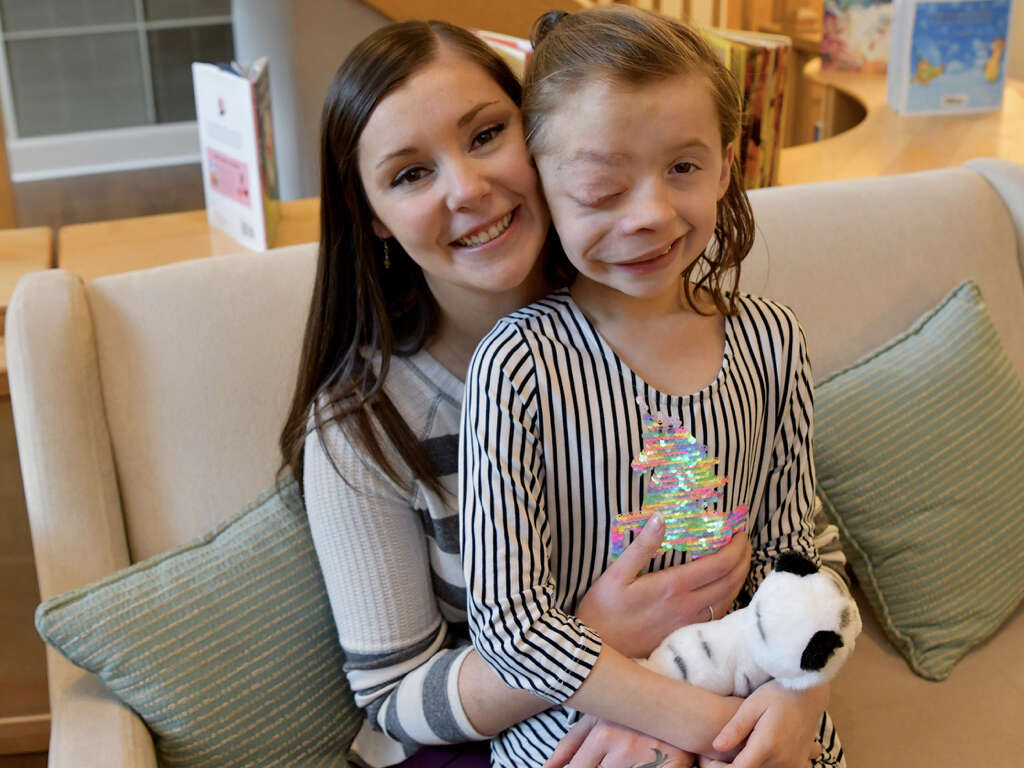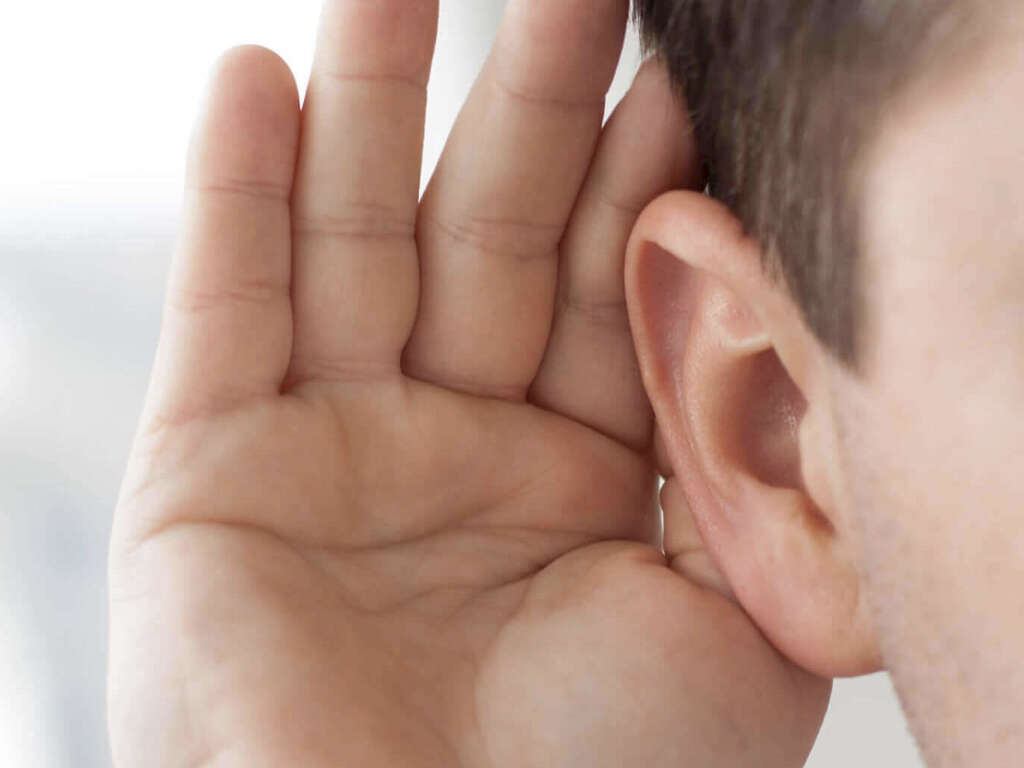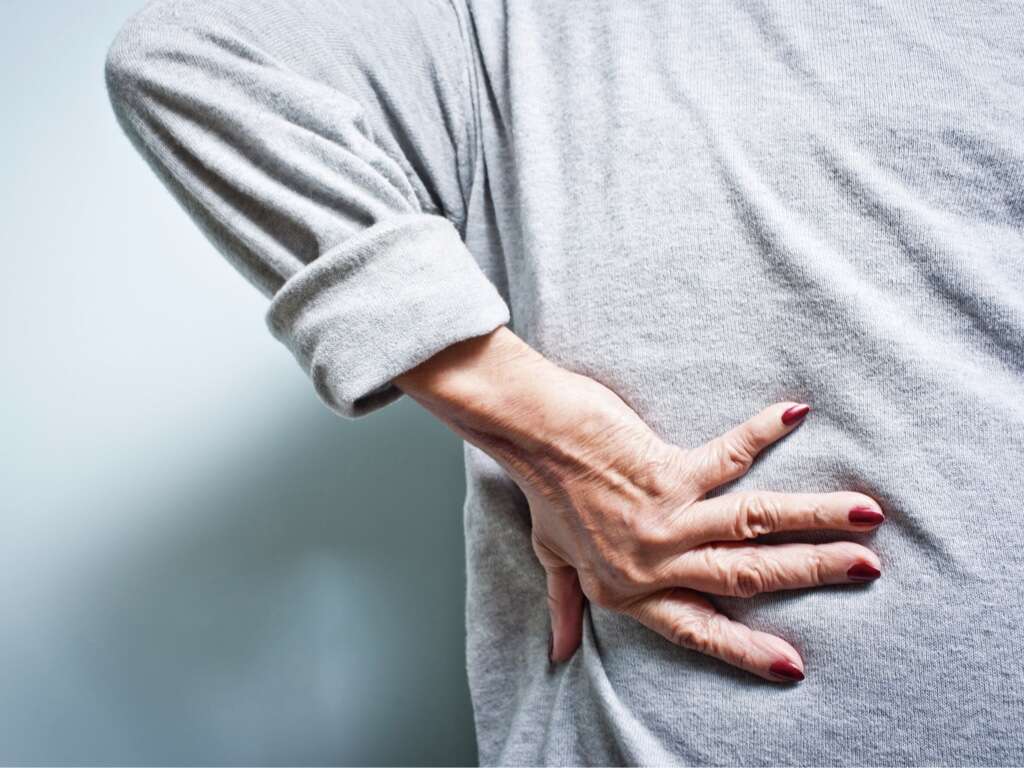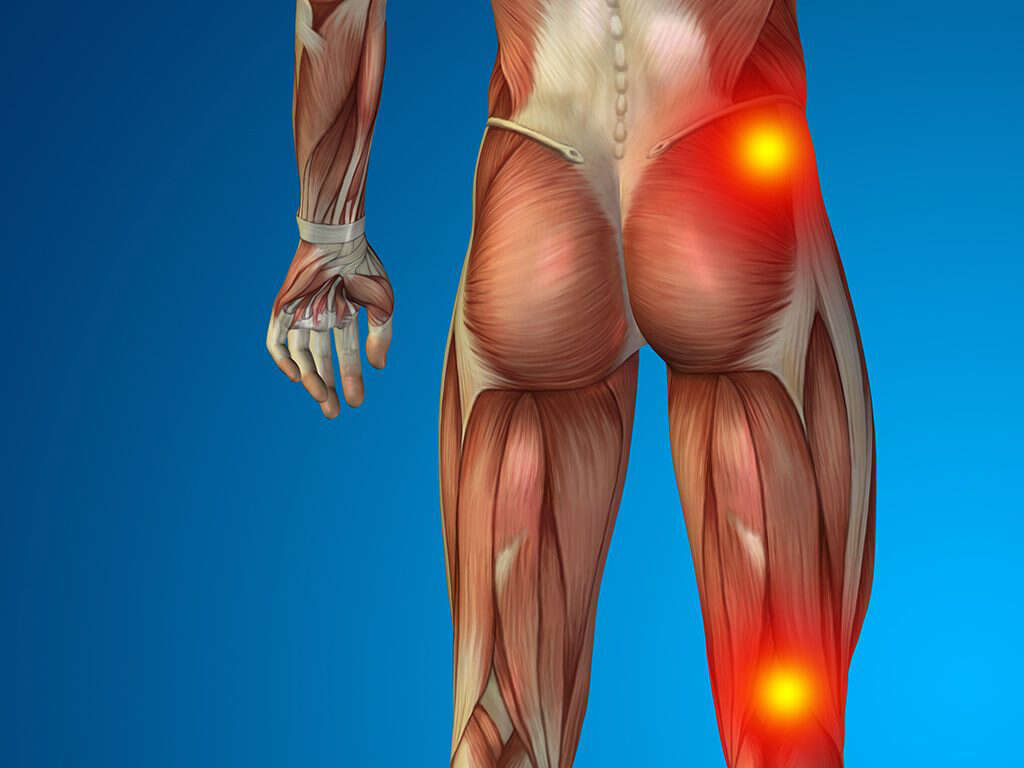Pinched Nerve Symptoms, Treatments & More
 Article Sources
Article Sources
- 1. 'Pinched Nerve.' Mayo Clinic, Mayo Foundation for Medical Education and Research, 26 Sept. 2019, www.mayoclinic.org/diseases-conditions/pinched-nerve/symptoms-causes/syc-20354746.
- 2. 'Pinched Nerves: Causes, Symptoms & Treatment.' Cleveland Clinic, my.clevelandclinic.org/health/diseases/6481-pinched-nerves.
- 3. 'Cervical Radiculopathy (Pinched Nerve) - OrthoInfo - AAOS.' OrthoInfo, American Academy of Orthopaedic Surgeons, orthoinfo.aaos.org/en/diseases--conditions/cervical-radiculopathy-pinched-nerve/.
- 4. 'Pinched Nerves: Causes, Symptoms & Treatment.' Cleveland Clinic, my.clevelandclinic.org/health/diseases/6481-pinched-nerves.
- 5. 'Pinched Nerve.' Stanford Children's Health - Lucile Packard Children's Hospital Stanford, www.stanfordchildrens.org/en/topic/default?id=pinched-nerve-134-11.
- 6. 'What Are the Symptoms of a Pinched (Compressed) Nerve?' Stanford Health Care (SHC) - Stanford Medical Center, 16 May 2019, stanfordhealthcare.org/medical-conditions/brain-and-nerves/pinched-nerves/symptoms.html.
7. Medical Treatments for a Pinched Nerve
In some cases, doctors prescribe medications such as oral corticosteroids to help reduce inflammation. More often, steroids are injected near the affected nerve to reduce local swelling and pain long enough for the nerve to heal.
Other early treatments include physical therapy or at-home exercises to strengthen and stretch the back and neck muscles and relieve pressure on the nerves. Muscle relaxants and narcotic medicines are typically reserved for people with more severe, long-term pain that's not relieved by other types of treatment.
Advertisement











